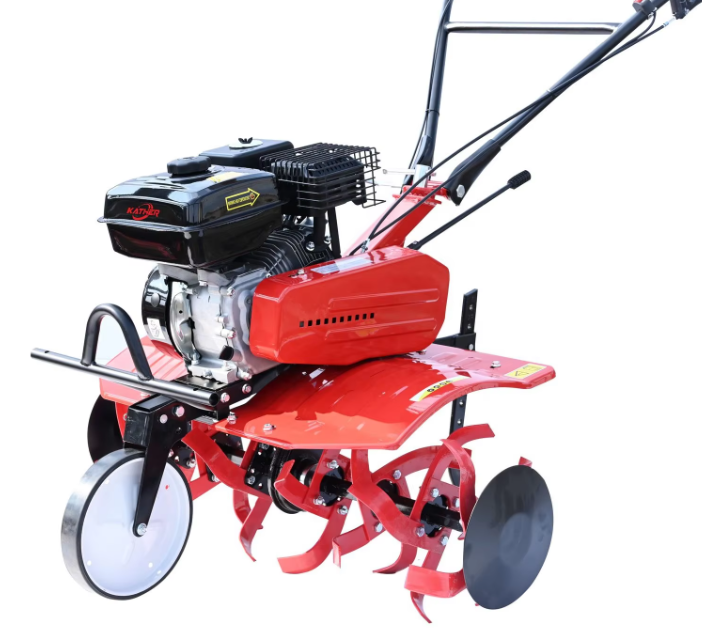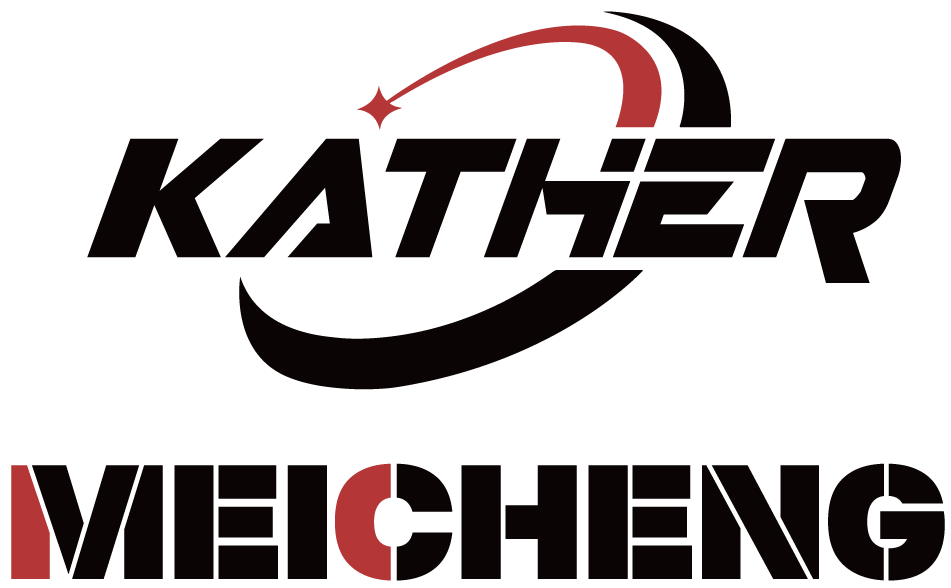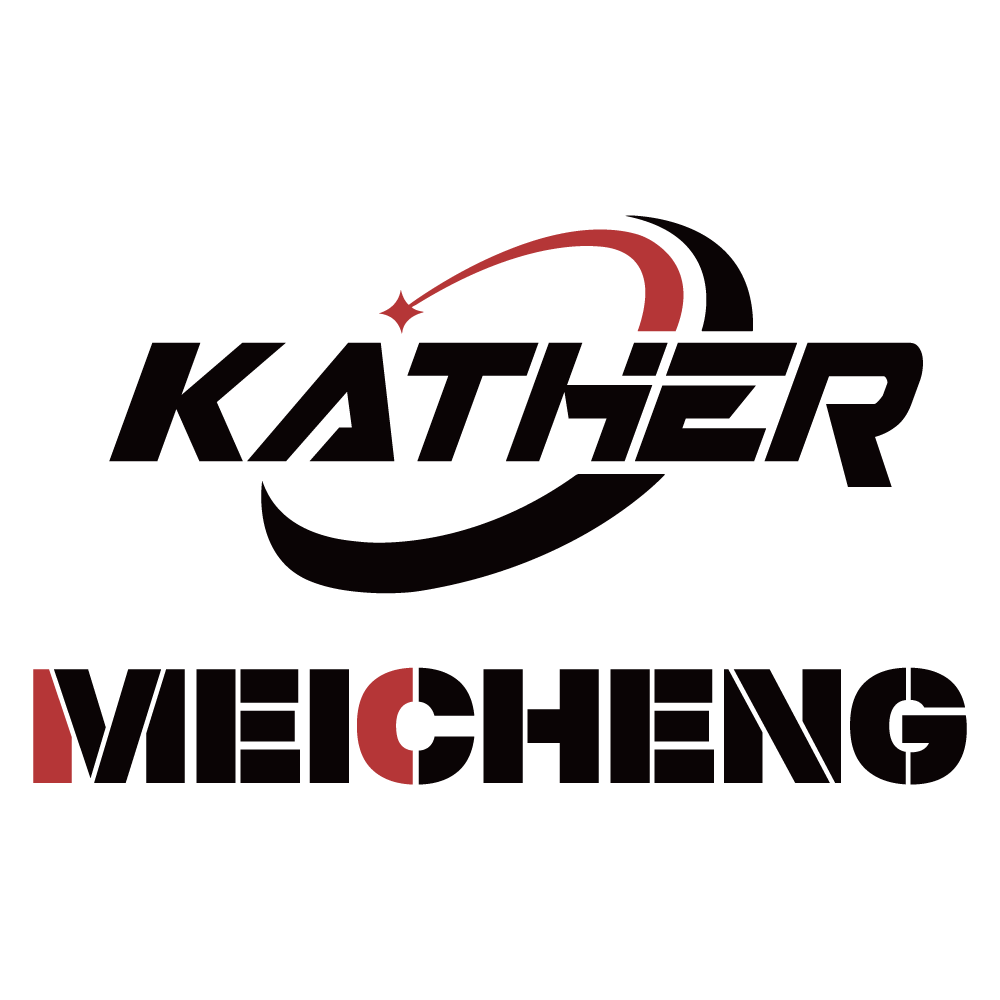Roli kritik i kontrollit të cilësisë në prodhim
Kontrolla e mirë e cilësisë është absolutisht esenciale në proceset e prodhimit, veçanërisht kur prodhohen pajisje mikro të tillazhit. Fermerët u bëjnë fjalë këtyre mjeteve të funksionojnë në mënyrë të besueshme në kushte të rënda të tokës gjatë stinëve të ndryshme. Nëse prodhuesit e kursen punën në kontrollin e cilësisë, ata marrin pjesë që çohen gjatë periudhave kritike të mbjelljes apo të korrjes. Kjo do të thotë riparime të shtrenjta për kultivatorët që nuk mund të lejojnë vonesa, plus goditje të rënda në besueshmërinë e markës kur të përhapet fjala për pajisjet e dështuara. Sektori i bujqësisë thjesht nuk do të tolerojë pajisje të pasigurta, pa marrë vesh se sa të lirë mund të duken në fillim.
Në një fabrikë makinerie për punimin e hollë, kontrollimet e cilësisë sigurojnë që secili përbërës të përshtakë në toleranca të ngushta dhe të funksionojë siç duhet. Procesi i testimit i kushton vëmendje se sa mirë mbajnë këto makina në kushte reale të fushërisë ku pluhuri, lagështia dhe terreni i papërshtatshëm janë sfida të zakonshme. Kur pjesët i plotësojnë të gjitha kërkesat, punëtorët e dinë se po ndërtojnë pajisje që nuk do të lënë fermerët në bark kur të vijë koha më e rëndësishme. Cilësia e mirë nuk është thjesht për të shmangur dështimet, por do të thotë edhe që operatorët të qëndrojnë të sigurt gjatë punës me makineri të rënda, një gjë që bëhet gjithnjë e më e rëndësishme me moshën e modeleve të vjetra që hiqen dhe zëvendësohen me dizajne më të reja dhe më të eficiente.
Masat Kryesore të Kontrollit të Cilësisë në Prodhimin e Makinave të Tharjes së Mikrotermit
Inspektimi dhe Vlerësimi i Lëndëve të Para
Themele e cilësisë në një makinë të tharjes së mikrotermit fillojnë me zgjedhjen e duhur të lëndëve të para. Inspektimi i materialeve për përbërjen, fortësinë dhe qëndrueshmërinë parandalon defektet që mund të komprometojnë performancën e makinës. Fabrikat zakonisht kryejnë analiza kimike dhe teste mekanike për të verifikuar materiale para se të fillojë prodhimi.
Përdorimi i lëndëve të para të cilësisë siguron që makinat e tharjes së mikrotermit janë të forta dhe të afta për operim të gjatë pa konsum të hershëm.
Montimi i Saktësisë dhe Testimi i Pjesëve
Makineria e mikro-rrënjimit kërkon montim të saktë për të siguruar funksionimin optimal. Kontrolli i cilësisë përfshin testim të ngarkesave të komponentëve të veçantë si dhe të makinës së montuar. Kryhen kontrolla dimensionale, verifikim i përshtatshmërisë dhe teste funksionimi për të garantuar që pjesët të punojnë së bashku pa probleme.
Duke kryer këto teste, fabrika minimizon më të mirën e mundshme dështimet e shaktuara nga gabime montimi dhe e rrit besueshmërinë e përgjithshme të makinës.
Trajtimi i Sipërfaqes dhe Rezistenca ndaj Korrozionit
Makineria bujqësore ekspozohet në mënyrë të rregullt në tokë, lagështi dhe kimikate që mund të shkaktojnë korrozion dhe degradim. Trajtime të sipërfaqes të sakta si përfundimi me bojë, galvanizimi apo përdorimi i pllakave në formë të pluhurit mbrojnë pjesët e makinës së mikro-rrënjimit nga dëmet mjedisore.
Inspektimet e cilësisë verifikojnë uniformitetin dhe efektivitetin e shtresave mbrojtëse, duke siguruar që makinat të ruajnë integritetin e tyre gjatë kohës dhe të kërkojnë mirëmbajtje më të vogël.

Përfitimet e Kontrollit të Rreptë të Cilësisë për Makineritë e Mikro-Rrënjimit
Rritja e Përdorimit të Produktit dhe Kënaqësisë së Klientit
Makinat që vazhdimisht i përmbushin standardet e cilësisë kanë tendencën të zgjasin më gjatë dhe të performojnë më mirë, duke reduktuar kohën e pushimit dhe kostot e riparimit për përdoruesit. Makinat e mikro-rrushit të besueshme kontribuojnë në një kënaqësi më të lartë të klientit dhe inkurajojnë biznesin e përsëritur.
Ruajtja e kontrollit të shtrenjtë të cilësisë e rrit reputacionin e markës për të qenë e besueshme në një treg konkurrent.
Zbatim i Standardave dhe Rregullave të Industrisë
Përmbushja e standardeve lokale dhe ndërkombëtare, siç janë certifikimet ISO, është e rëndësishme për pranimin në treg. Sistemet e kontrollit të cilësisë i ndihmojnë fabrikat të përmbushin këto kërkesa duke standardizuar proceset dhe dokumentimin e përmbushjes.
Kjo jo vetëm që lehtëson shitjet në kufijë të ndryshëm por siguron edhe sigurinë dhe përmbushjen e rregullave mjedisore.
Reduktimi i Kostove të Prodhimit dhe i Harxhimeve
Zbulimi i defekteve në fillim përmes kontrollit të cilësisë parandalon produktet e pasakta nga përparimi në linjën e prodhimit. Kjo zvogëlon sasinë e harxhimit, të hedhurave dhe kostot e lidhura me riparimet ose kthimin e produkteve.
Kontrolli i eficientë i cilësisë në fund të fundit e përmirëson fitimin e fabrikës duke e bërë prodhimin më të shpejtë dhe duke mbajtur një dalje të përditshme.
Integrimi i Teknologjisë për të Përmirësuar Kontrollin e Cilësisë
Sisteme Inspektimi Automatik
Fabrikat e përparuara përdorin sisteme të automatizuara si vizioni automatik dhe skanimi me lazer për të kryer inspektime të shpejta dhe me precizion të lartë. Këto teknologji zbulojnë defektet sipërfaqësore, gabimet dimensionale dhe defektet e montimit me ndërhyrje minimale njerëzore.
Automatizimi përmirëson saktësinë, zvogëlon kohën e inspektimit dhe siguron të dhëna të hollësishme mbi cilësinë për analizë.
Analiza e të Dhënave për Përmirësim të Vazhdueshëm
Grumbullimi dhe analizimi i të dhënave të inspektimit i lejon prodhuesit të identifikojnë tendencat dhe të adresojnë problemet që përsëriten. Analiza parashikuese ndihmon në parashikimin e dëmtimeve të mundshme, duke mundësuar mirëmbajtjen preventivë dhe korrigjet e proceseve.
Një qasje e udhëhequr nga të dhënat promovon përmirësime të vazhdueshme në cilësi dhe eficiencë operative më të lartë.
Kultivimi i një Forcie Punëtore të Drejtuar nga Cilësia
Trajnim dhe Zhvillim i Aftësive
Suksesi i kontrollit të cilësisë varet nga personeli i mirë trajnuar që kupton rëndësinë e saktësisë dhe standardeve. Trajnimet e rregullta sigurojnë që punëtorët dhe inspektorët të jenë të informuar mbi procedurat dhe mjetet e cilësisë.
Forca punëtore e informuar është më mirë e pajisur për të identifikuar defektet dhe mbajtjen e cilësisë gjatë prodhimit.
Freskim i Përgjegjësisë dhe Punës së Ekipit
Rritja e një kulture ku çdo punonjës ndjen se është përgjegjës për cilësinë çon në zgjidhje proaktive të problemeve dhe bashkëpunim. Frenimi i komunikimit të hapur lidhur me shqetësimet për cilësinë ndihmon në adresimin e shpejtë të çështjeve.
Një kulturë e drejtuar nga cilësia përmirëson përgjithësisht përbërjen e produktit dhe moralin e fabrikës.
Përfundim
Kontrolli i cilësisë është esencial për prodhimin e makinave të qëndrueshme, të besueshme mikro-lëvizje tokësore në gjendje të plotësojë kërkesat bujqësore. Nëpërmjet një zgjedhje të kujdesshme të materialeve, montimit të saktë, mbrojtjes së sipërfaqeve dhe integrimin e teknologjive të avancuara të inspektimit, fabrikat mund të ofrojnë produkte që i kënaqin klientët dhe përputhen me standardet e industrisë.
Investimi në kontrollin e cilësisë mbrojtë reputacionin e fabrikës, por gjithashtu përmirëson efikasitetin operacional dhe rentabilitetin afatgjatë në tregun konkurrues të makinerive bujqësore.
Pyetje të Shpeshta
Pse është i rëndësishëm kontrolli i cilësisë në prodhimin e makinerive të tërheqjes së vogël?
Sepse makineritë e tërheqjes së vogël duhet të qëndrojnë në kushte të ashpra, kontrolli i cilësisë garanton qëndrueshmërinë, saktësinë dhe performancën e besueshme.
Si e përmirëson automatizimi inspektimet e cilësisë?
Automatizimi ofronë zbulimin më të shpejtë dhe të saktë të defekteve dhe zvogëlon gabimet njerëzore gjatë inspekteve.
Cila është roli i trajnimit të punonjësve në kontrollin e cilësisë?
Trajnimi i pajon punonjësit me njohuritë dhe aftësitë e nevojshme për të mirëmbajtur standarde të larta cilësie gjatë prodhimit.
A janë nevojshme certifikimet industriale për fabrikat e makinave të mikro-rrënjosjes?
Po, certifikatat tregojnë përputhjen me standartet e cilësisë dhe të sigurisë, duke lehtësuar pranimin në treg dhe besimin e klientit.
Përmbajtja
- Roli kritik i kontrollit të cilësisë në prodhim
- Masat Kryesore të Kontrollit të Cilësisë në Prodhimin e Makinave të Tharjes së Mikrotermit
- Përfitimet e Kontrollit të Rreptë të Cilësisë për Makineritë e Mikro-Rrënjimit
- Integrimi i Teknologjisë për të Përmirësuar Kontrollin e Cilësisë
- Kultivimi i një Forcie Punëtore të Drejtuar nga Cilësia
- Përfundim
-
Pyetje të Shpeshta
- Pse është i rëndësishëm kontrolli i cilësisë në prodhimin e makinerive të tërheqjes së vogël?
- Si e përmirëson automatizimi inspektimet e cilësisë?
- Cila është roli i trajnimit të punonjësve në kontrollin e cilësisë?
- A janë nevojshme certifikimet industriale për fabrikat e makinave të mikro-rrënjosjes?








